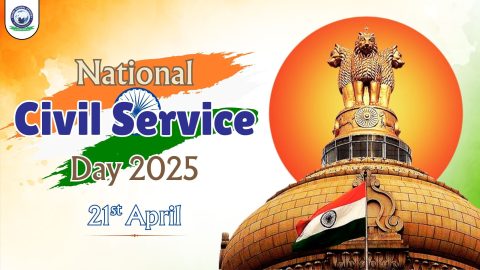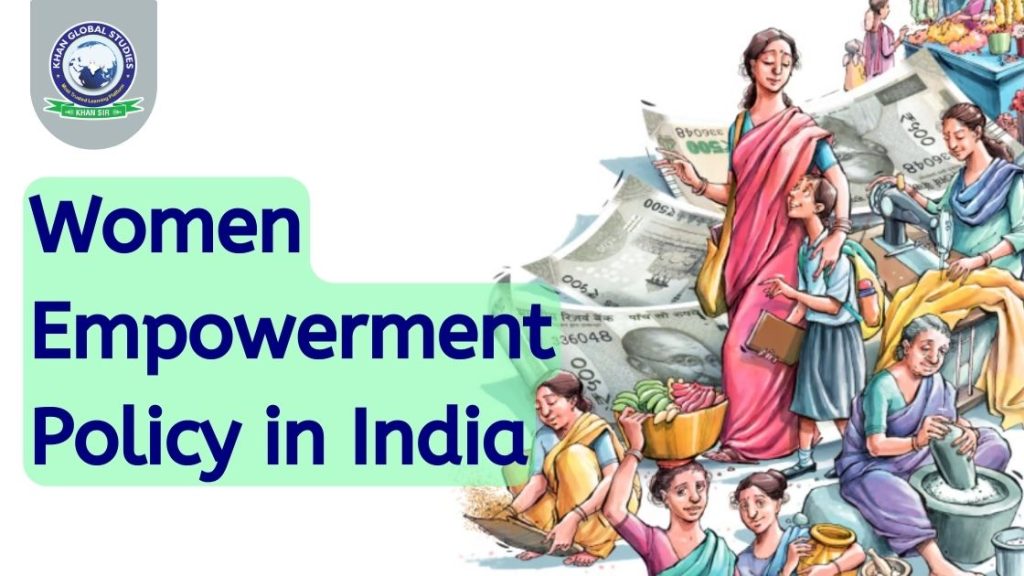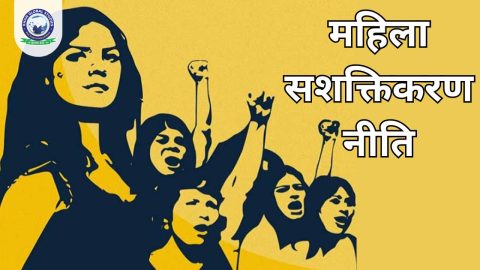Indian society is diverse, and this diversity shapes social behaviour and policies. Women have historically been disadvantaged due to patriarchal norms. The National Policy for Women, 2016 (Women Empowerment Policy), aims to address this issue and empower women across various spheres.
Key Objectives of the Policy
- Enhance women’s health and well-being, including addressing mental health concerns.
- Promote quality education for girls and women, including vocational training.
- Strengthen women’s economic participation in agriculture, industry, and the service sector.
- Increase women’s representation in governance and policymaking.
- Eliminate violence against women and protect their rights.
Key Provisions of the Policy
- Health: Expanding access to healthcare, addressing malnutrition, and promoting mental health awareness.
- Education: Ensuring primary education for girls, encouraging secondary and higher education, and providing vocational training.
- Economic Empowerment: Enhancing women’s participation in agriculture, industry, and the service sector, providing skill development opportunities, and promoting financial inclusion.
- Political Participation: Increasing women’s representation in legislatures, local bodies, and decision-making processes.
- Safety and Protection: Implementing stringent measures to prevent violence against women, strengthening legal frameworks, and providing support services.
Implementation Framework
- Three-tiered Implementation Plan: A structured plan with short-term (1 year), medium-term (1-5 years), and long-term (5 years) goals.
- Inter-Ministerial Coordination: An Inter-Ministerial Committee (IMC) headed by the Minister of Women and Child Development to oversee implementation at the central level.
- State-level Implementation: Similar structures at the state level, headed by the Chief Minister.
- Nodal Agency: The Ministry of Women and Child Development is the nodal agency for policy implementation.
- Strengthening Women’s Institutions: Revamping the National Commission for Women and State Commissions for Women.
- Civil Society Engagement: Collaborating with civil society organizations and support groups to ensure effective implementation.
- Awareness and Mindset Change: Implementing training, awareness campaigns, and social programs to address patriarchal attitudes and empower women.
Conclusion
The National Policy for Women, 2016, represents a significant step towards women’s empowerment in India. While the policy itself is well-structured, its effective implementation across various levels of governance and society will be crucial for achieving its objectives. The policy holds immense potential for creating a more equitable and just society for women in India.
Additional Points to Note
- The policy emphasizes the importance of data collection and monitoring to assess progress and identify areas for improvement.
- It encourages the use of technology to enhance service delivery and outreach to women.
- The policy recognizes the need to address the specific needs of marginalized groups of women, such as those from rural areas, minority communities, and those with disabilities.
This policy is a comprehensive framework for women’s empowerment in India. Its successful implementation can lead to a more inclusive, equitable and prosperous society for all.




